YPSA’s Training of Trainers Program: Ensuring Safe Handling of Asbestos in Shipbreaking Yards
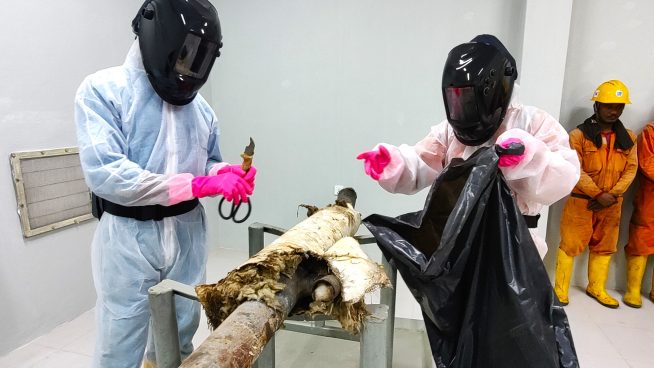
YPSA has organized eight TOTs on Safe handling of asbestos for the ship recycling workers of Bangladesh. YPSA successfully trained 200 workers on the safe handling of asbestos by conducting eight comprehensive training sessions across various shipbreaking yards. This one of the unique and first ever activities of such kinds by NGOs like YPSA. YPSA with the collaboration of BSBRA (Owner’s Association) have been organizing these TOTs for developing the capacities of the workers in line with the national and international relevant manuals and guidelines.
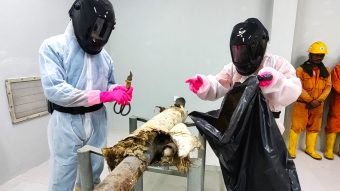

YPSA Coordinator Muhammed Ali Shahin committed to continuing these training programs to further enhance worker safety. He says, our aim is to ensure that more workers receive essential training in safe asbestos handling practices. By doing so, we strive to create a safer, healthier working environment for all the workers in the shipbreaking industry of Bangladesh.

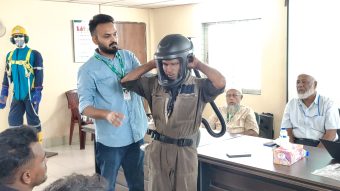
Since its establishment in 2000, Young Power in Social Action (YPSA) has been a dedicated advocate for worker safety and welfare. Our initiatives span a wide range of areas, including advocacy and awareness, research and documentation, policy influence, environmental impact, labor rights, occupational health and safety, and workers’ welfare. In recent years, our focus has increasingly shifted towards addressing critical worker safety issues in the shipbreaking industry.


In continuation of this commitment, YPSA has launched an extensive Training of Trainers (ToTs) program aimed at educating workers on the safe handling of asbestos, a hazardous material commonly found in ships. This initiative is crucial in mitigating health risks associated with asbestos exposure, ensuring that workers are equipped with the necessary knowledge and skills to manage it safely.
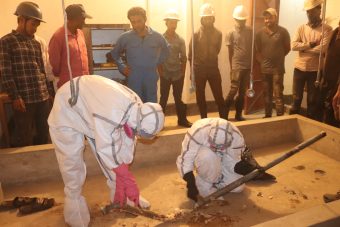

The ToTs program is meticulously structured to include both theoretical and practical components. The theoretical training sessions cover essential information about asbestos, its health risks, and detailed procedures for its safe handling. These sessions are designed to provide workers with a comprehensive understanding of asbestos-related hazards and the best practices for managing them.
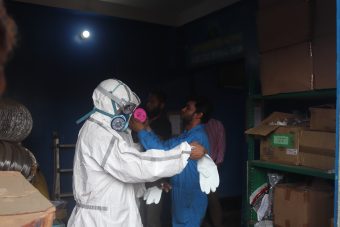
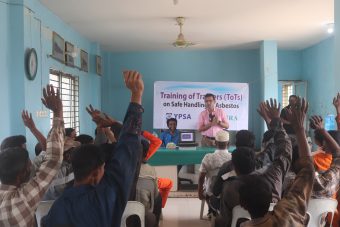
Complementing the theoretical training, practical sessions are conducted directly in the shipbreaking yards. This hands-on approach allows workers to apply their newly acquired knowledge in a real-world setting, reinforcing learning through practical experience. The training is held in several notable shipbreaking yards, including H.M Ship Breaking Industries Limited, Arab Ship Breaking & Recycling Limited, Taher & Co. Ltd, T. R. Ship Breakers Limited, KR Ship Recycling Yard, Premium Trade Corporation Limited, MAK Corporation and PHP Ship Breaking & Recycling Industries Limited.
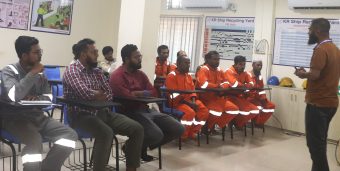

Each training session accommodates 25 workers, with a total of 200 workers trained across multiple sessions. These trained workers, now well-versed in safe asbestos handling, are expected to share their knowledge with their peers, thereby extending the reach and impact of the training program. This peer-to-peer dissemination of knowledge is a critical aspect of our strategy to foster a culture of safety within the shipbreaking industry.

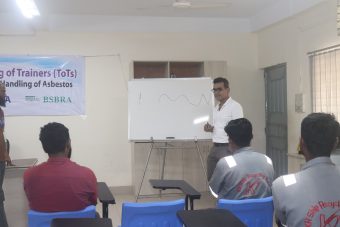
The successful implementation of this training initiative has been significantly supported by the Bangladesh Ship Breakers and Recyclers Association (BSBRA). Their collaboration has been instrumental in organizing and facilitating the training sessions within the shipbreaking yards, ensuring that the program runs smoothly and effectively.
YPSA’s Training of Trainers program represents a vital step towards improving occupational health and safety standards in the shipbreaking sector. Through ongoing training and education, supported by key industry stakeholders like BSBRA, we are dedicated to safeguarding the health and well-being of workers, thereby contributing to the overall sustainability of the shipbreaking industry.
